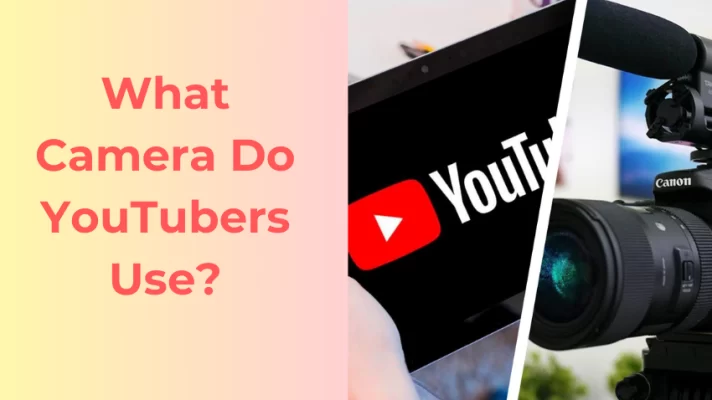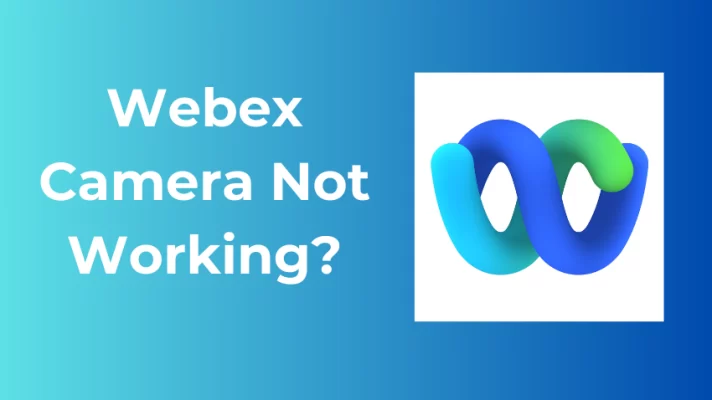You have probably heard of EdTech even if you are not a teacher or student. But what does EdTech stand for? And how does it affect your teaching and learning experience?
In this post, we will explain what is EdTech, and give you the definition, history, examples, benefits and challenges, and future trends of EdTech.
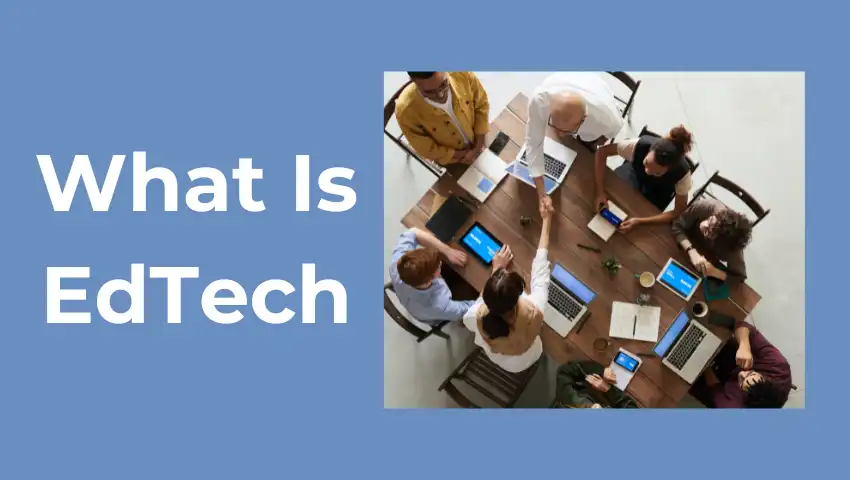
What Is Ed Tech?
EdTech is short for education technology. It refers to the use of technology to enhance teaching and learning outcomes.
According to the Association for Educational Communications and Technology (AECT), ed tech is “the study and ethical practice of facilitating learning and improving performance by creating, using, and managing appropriate technological processes and resources”.
EdTech can also refer to the industry of companies that create and provide educational technology products and services. It can involve various types of technology, such as online learning platforms, learning management systems, mobile devices, artificial intelligence, and more.
It can be used for various purposes and contexts, such as formal education, informal learning, professional development, special education, distance education, and lifelong learning.
The History of Educational Technology
Education technology is not a new concept. The history of educational technology can be traced back to ancient times when people used tools such as writing systems, abacus, books, maps, and the printing press to enhance their learning and communication.
In the 20th century, educational technology evolved with the development of radio, television, film, computers, the internet, and multimedia.
In the 21st century, educational technology has become more interactive, adaptive, personalized, collaborative, and ubiquitous with the emergence of web 2.0 technologies, mobile technologies, cloud computing, big data analytics, artificial intelligence, and blockchain.
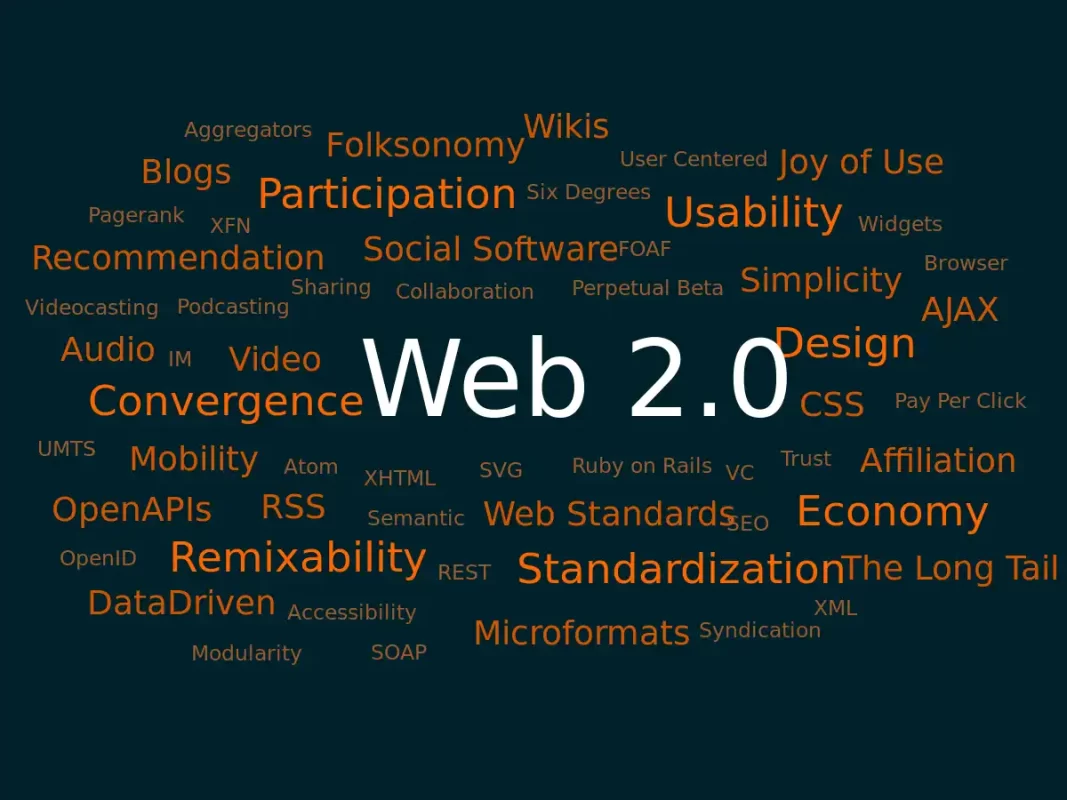
The Importance of Educational Technology
Educational technology is important because it can enhance the quality and effectiveness of education in various ways. Some of the reasons why educational technology is important are:
- It can increase access to education for learners who are geographically isolated, economically disadvantaged, physically challenged, or culturally diverse.
- It can improve engagement and motivation for learners who prefer interactive, multimedia, and gamified learning experiences.
- It can personalize learning for learners who have different needs, preferences, styles, levels, and goals.
- It can facilitate collaboration and communication for learners who want to learn from and with others across time and space.
- It can provide feedback and assessment for learners who want to monitor their progress and performance.
- It can foster innovation and creativity for learners who want to explore new ideas and solve real-world problems.
Some Examples of Education Technology
EdTech can be applied in various educational settings and contexts, such as formal or informal education, online or offline education, individual or collaborative education, etc. Some examples of ed-tech platforms are:
1. Learning management systems (LMS)
These are software applications that allow teachers to create and deliver online courses, assignments, quizzes, etc., and students to access them anytime and anywhere via the internet.
Some popular LMS platforms are Moodle, Canvas, Blackboard, etc.
2. Massive open online courses (MOOCs):
These are online courses that are open to anyone who wants to learn about a specific topic or skill. They can offer high-quality education from prestigious institutions and experts at low or no cost.
Some popular MOOC platforms are Coursera, edX, Udemy, etc.
3. Adaptive learning systems: These are software applications that use artificial intelligence to personalize learning content and feedback based on each student’s needs, preferences, and progress.
Some popular adaptive learning platforms are Knewton, DreamBox Learning, ALEKS, etc.
4. Educational games: These are games that have educational purposes or outcomes. They can make learning more fun and engaging by incorporating game elements such as points, badges, levels, rewards, etc.
Some popular educational games are Minecraft Education Edition, Duolingo, Kahoot!, etc.
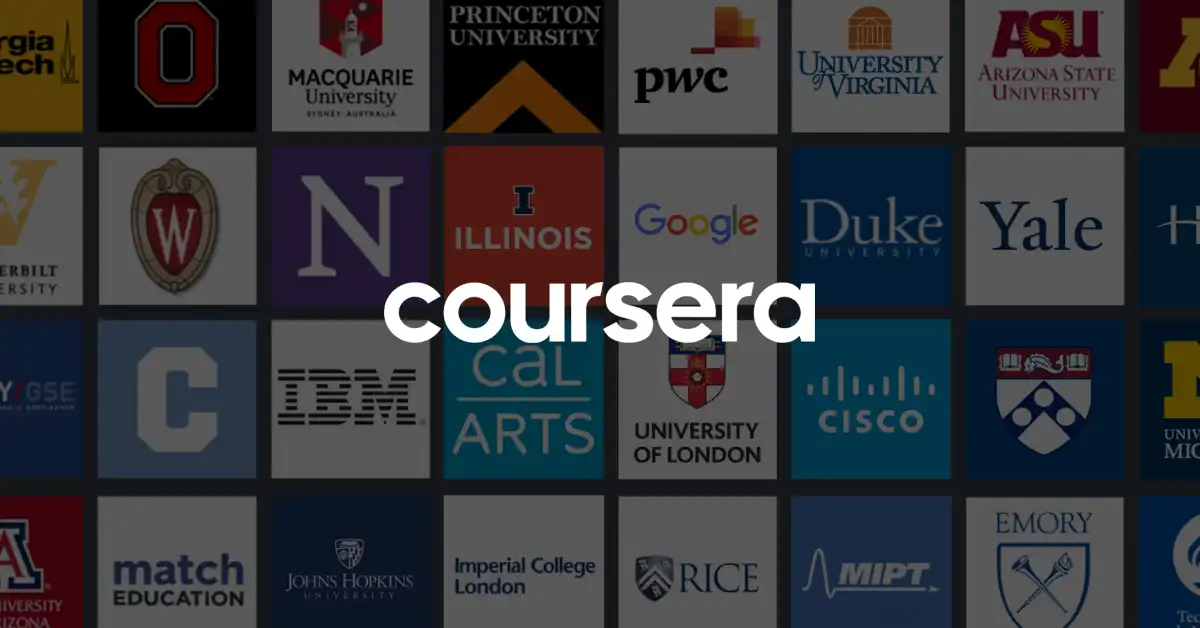
What Are the Benefits of EdTech?
EdTech can have various benefits for learners, educators, and society. Some of the benefits of education technology are:
For learners:
- EdTech can help learners acquire knowledge and skills that are relevant and useful for their personal and professional development.
- EdTech can help learners develop digital literacy and competencies that are essential for living and working in the 21st century.
- EdTech can help learners enhance their critical thinking, problem-solving, creativity, communication, collaboration, and lifelong learning abilities.
For educators:
- EdTech can help educators design, deliver, and evaluate effective, engaging, and inclusive learning experiences that cater to diverse learners and contexts.
- EdTech can help educators access and use various resources and tools that can enhance their teaching practice and professional development.
- EdTech can help educators collaborate and communicate with other educators and experts across disciplines and locations to share ideas, experiences, and best practices.
For society:
- EdTech can help society address the challenges and opportunities of the digital age, such as the digital divide, digital citizenship, digital economy, and digital transformation.
- EdTech can help society promote social justice, equity, inclusion, and diversity in education and beyond.
- EdTech can help society foster a culture of innovation, creativity, and entrepreneurship that can contribute to social and economic development.
What Are the Challenges of EdTech?
EdTech can also have various challenges for learners, educators, and society. Some of the challenges of education technology are:
For learners:
- EdTech can pose technical issues such as connectivity, compatibility, accessibility, usability, and security that can affect the quality and reliability of learning experiences.
- EdTech can pose ethical issues such as privacy, data protection, intellectual property, plagiarism, cyberbullying, and digital addiction that can affect the rights and responsibilities of learners.
- EdTech can pose pedagogical issues such as cognitive overload, distraction, isolation, disengagement, and cheating that can affect the learning outcomes and processes of learners.
For educators:
- EdTech can pose technical issues such as a lack of infrastructure, equipment, support, and training that can affect the availability and usability of educational technology resources and tools.
- EdTech can pose ethical issues such as accountability, transparency, quality assurance, evaluation, and regulation that can affect the standards and expectations of educational technology products and services.
- EdTech can pose pedagogical issues such as lack of alignment, integration, adaptation, and innovation that can affect the effectiveness and relevance of educational technology practices and strategies.
For society:
- EdTech can pose technical issues such as the digital divide, digital exclusion, digital literacy, and digital skills gap that can affect the access and participation of different groups and regions in education and society.
- EdTech can pose ethical issues such as digital rights, digital responsibilities, digital citizenship, and digital democracy that can affect the values and norms of education and society.
- EdTech can pose pedagogical issues such as digital culture, digital identity, digital diversity, and digital transformation that can affect the goals and visions of education and society.
What Are the Future Trends of EdTech?
EdTech is a dynamic and evolving field that is influenced by various factors such as technological innovations, educational research, social changes, and market demands. Some of the future trends of ed-tech are:
1. Artificial intelligence (AI)
The use of intelligent systems and agents that can perform tasks that normally require human intelligence, such as learning, reasoning, problem-solving, decision-making, and natural language processing.
Artificial intelligence can be used to enhance learning analytics, adaptive learning, personalized learning, intelligent tutoring systems, chatbots, and voice assistants.
2. Augmented reality (AR) and virtual reality (VR)
The use of immersive technologies can create or enhance the perception of reality by overlaying digital information or images on the physical world (augmented reality) or by creating a simulated environment that can be interacted with (virtual reality).
Augmented reality and virtual reality can be used to create engaging and authentic learning experiences that can stimulate curiosity, creativity, and collaboration.
3. Blockchain
The use of a distributed ledger system that can record and verify transactions in a secure, transparent, and decentralized way.
Blockchain can be used to create trustless and verifiable credentials, certificates, badges, portfolios, and transcripts that can enhance the recognition and mobility of learners.
4. Gamification
The use of game elements and mechanics such as points, badges, leaderboards, challenges, and rewards to motivate and engage learners in non-game contexts.
Gamification can be used to create fun and meaningful learning experiences that can foster intrinsic and extrinsic motivation and feedback.
5. Microlearning
The use of short and focused learning units or activities that can be accessed and completed anytime and anywhere.
Microlearning can be used to provide bite-sized and just-in-time learning opportunities that can suit the needs and preferences of learners in the digital age.
Wrap Up!
Now, you know what is EdTech. EdTech is a fascinating and promising field that can revolutionize education. However, it also comes with its challenges and risks that need to be considered.
What do you think about ed-tech? Have you used any EdTech tools or platforms in your education? Share your thoughts with us in the comments!


